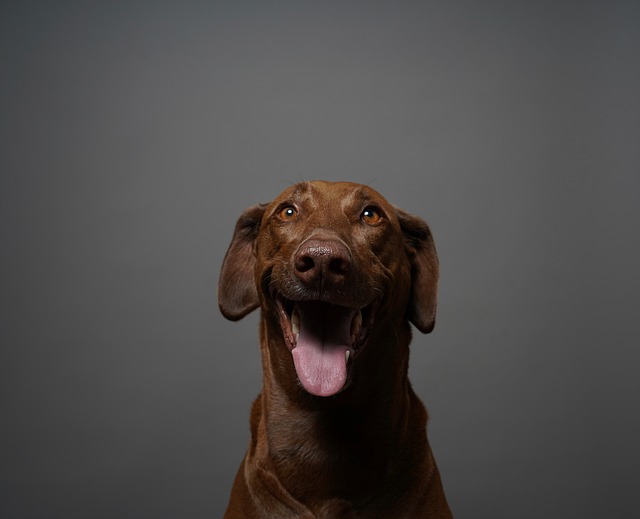
How to treat dogs with skin disease?
You might notice your dog scratching itself nonstop on the couch, or spot red, flaky patches on its belly after a walk in the park.
When that furry, round Pomeranian enters our lives with its short legs, every little move it makes can touch our hearts. As owners of Pomeranians, we always want to give them the best, especially in terms of diet. But you know what? Some foods are not only not delicious for Pomeranians, but also hidden 'health killers'. Understanding what foods Pomeranians should not eat is a crucial step in taking care of them, and behind it lies our deep love for them.
Chocolate, a sweet delicacy in the eyes of humans, is a deadly poison for Pomeranians. Chocolate contains theobromine and caffeine, which dogs cannot metabolize normally like humans. Once a Pomeranian accidentally eats chocolate, it may experience symptoms such as vomiting, diarrhea, and rapid heartbeat in the early stages. With the spread of toxins in the body, it can also cause convulsions, coma, and even endanger life. Even a small piece of chocolate can be a disaster for the petite Pomeranian. So, chocolate at home must be stored properly and kept out of reach of Pomeranians.
Grapes and raisins are also foods that Pomeranians must stay away from. Although the specific mechanism of grape poisoning is not yet fully understood by the scientific community, countless painful cases warn us that after dogs consume grapes, their kidney function will be severely damaged, and signs of kidney failure may appear in a short period of time. At first, the owner may only notice a decrease in the dog's urine output and lack of energy, but soon the condition will take a sharp turn for the worse, with symptoms such as anuria and persistent vomiting. Even if the dog is urgently taken to the hospital, there is often no way to recover. So, it is important to store the grapes and raisins at home well, so that Pomeranians do not have the opportunity to come into contact with them.
Onion and garlic, as commonly used seasoning ingredients in the kitchen, also have hidden dangers. They contain ingredients that can damage dogs' red blood cells, leading to hemolytic anemia in dogs. After ingestion, the mucous membranes of the Pomeranian's mouth and eyes gradually become pale, breathing rapidly, and the body becomes weak and powerless, seriously affecting physical health. Whether it's raw onions, garlic, or cooked ones, even small amounts can cause irreversible damage to Pomeranians over time. When preparing food for Pomeranians, be sure to carefully inspect the ingredients and avoid these "dangerous elements".
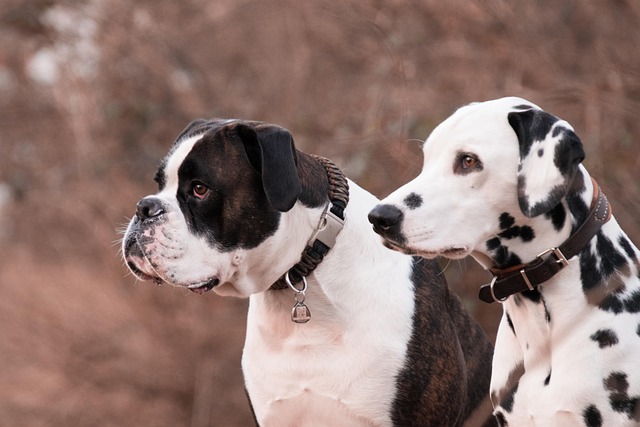
Raw meat and eggs are also not suitable for Pomeranians to consume. Raw meat may contain bacteria such as Salmonella and Bacillus, as well as parasites, which can easily cause parasitic infections and gastrointestinal diseases after consumption. However, raw eggs may not only contain bacteria, but the protein they contain can also deplete the vitamin H in dogs, affecting their health and potentially causing hair discoloration. For the health of Pomeranians, meat and eggs must be cooked before feeding.
Milk is also an unsuitable food for many Pomeranians. Many Pomeranians have lactose intolerance, and drinking milk can easily cause symptoms such as diarrhea and indigestion. If you want to supplement nutrition for Pomeranians, you can choose pet specific goat milk powder or feed a small amount of low sugar, additive free yogurt.
In addition to the above-mentioned foods, Pomeranians should also eat less high salt, high sugar, and high-fat foods. High salt foods can increase the burden on the kidneys of Pomeranians and even cause kidney disease. They can also lead to poor hair quality, severe hair loss, and tear marks; High sugar food will lead to obesity, diabetes and other diseases in the Pomeranian; High fat foods can lead to obesity and cardiovascular disease in Pomeranians. Leftover food, fried foods, candies, cakes, etc. from humans are not suitable for Pomeranians to eat.
Some foods, such as alcoholic beverages, xylitol, Australian nuts, spicy foods, mushrooms, etc., are also harmful to the health of Pomeranians. Alcohol can disrupt the normal function of dogs' internal organs, leading to poisoning and even death; Xylitol can rapidly stimulate the secretion of a large amount of insulin, causing a sharp drop in blood sugar in dogs and triggering hypoglycemia; Australian nuts can cause poisoning symptoms such as weakness, depression, vomiting, and ataxia in dogs; Spicy food can stimulate the mouth and intestines of Pomeranians; Although commercially available edible mushrooms may be harmless to dogs, it is still important to avoid letting Pomeranians consume them to prevent them from developing a habit of eating mushrooms and accidentally ingesting toxic mushrooms while playing in the wild.
The health of Pomeranians is in our hands, and understanding these foods that they cannot eat is the basic guarantee for their life. Every feeding is a moment for us to express our love. Let's use the right food to safeguard the health of our Pomeranian and accompany it through happy and worry free days.

You might notice your dog scratching itself nonstop on the couch, or spot red, flaky patches on its belly after a walk in the park.
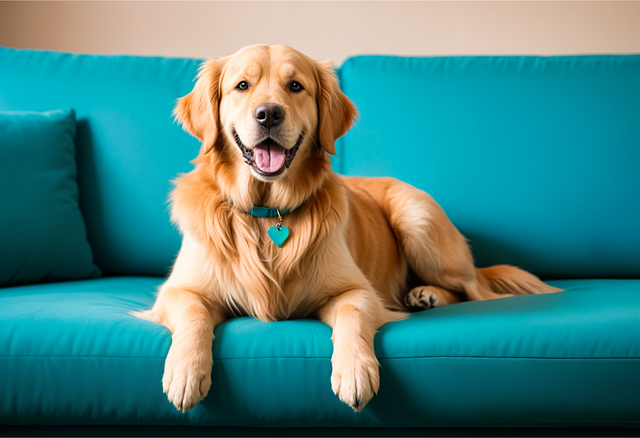
I sat with my friend Jake on his Phoenix, Arizona patio last July, watching his 3-year-old English Bulldog, Stella, lie flat on the cool tile—tongue lolling, paws splayed
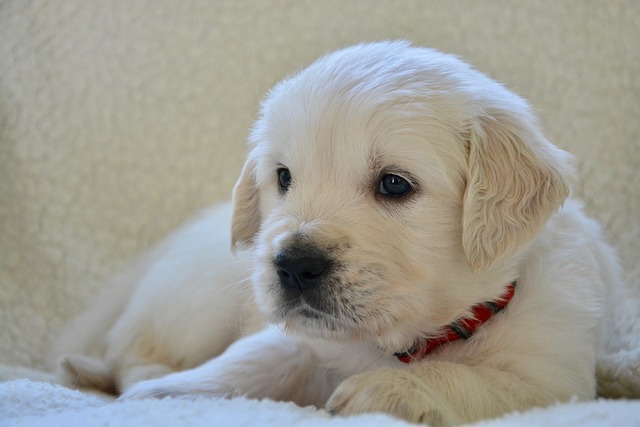
I sat with my friend Lila in her Chicago apartment last weekend, surrounded by grooming tools—slicker brush, rubber curry comb, and a half-empty bottle of shampoo
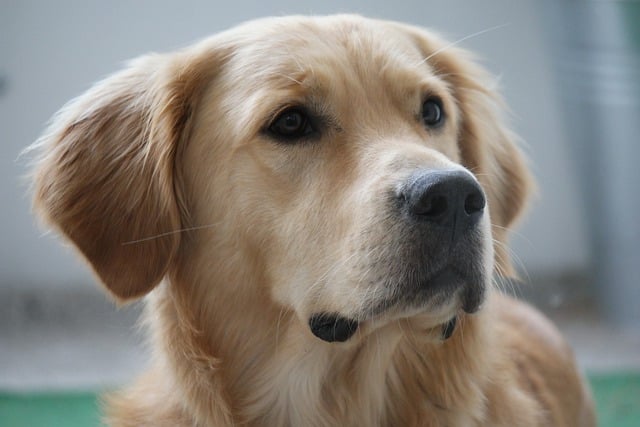
It’s a moment that might make any dog owner’s heart skip a beat: finding a tick attached to your dog’s eyelid. Yes, as unsettling as it sounds, ticks can and do latch onto this delicate area.
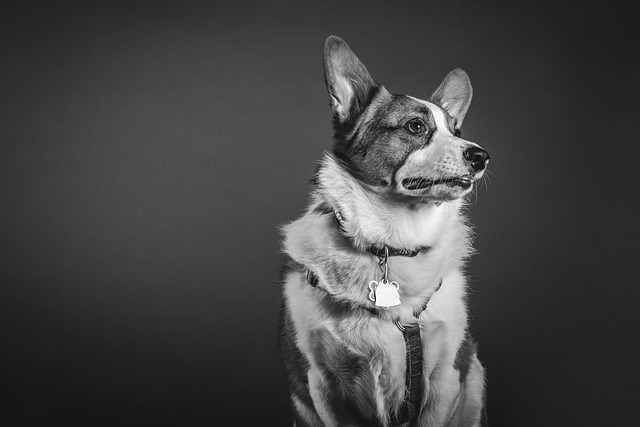
Most pet parents notice their dog’s wag or bark first—but their breathing tells a quiet, important story too. Catching respiratory issues early starts with knowing what’s “normal” for your pup, and spotting small shifts that might slip by.
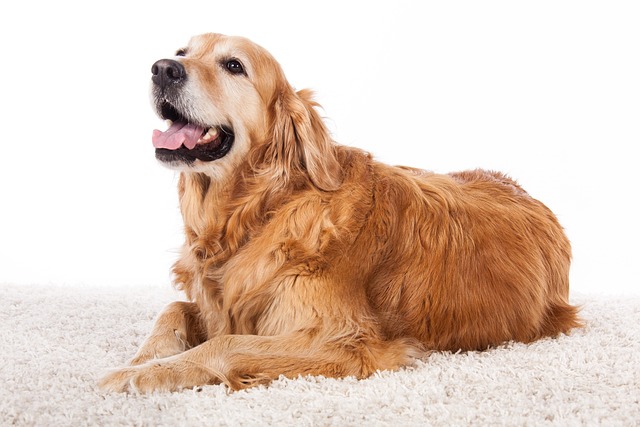
I sat with my friend Zoe in her Denver apartment last week, watching her 18-month-old Pug, Gus, rub his face raw on the carpet—his eyes watery, paws pink from licking